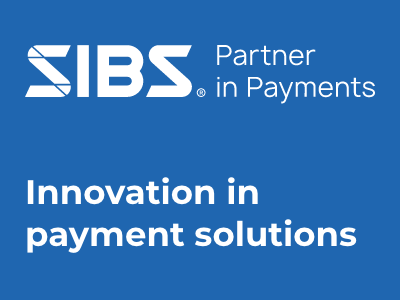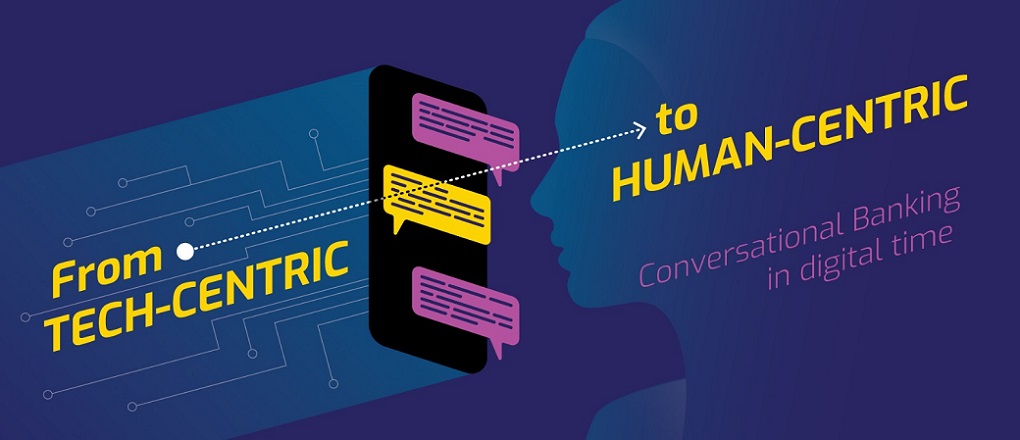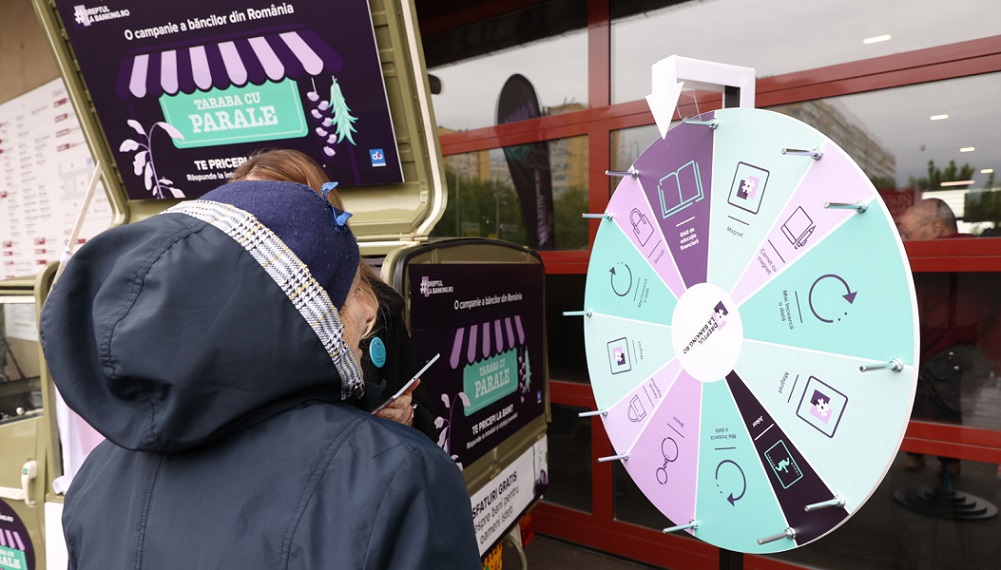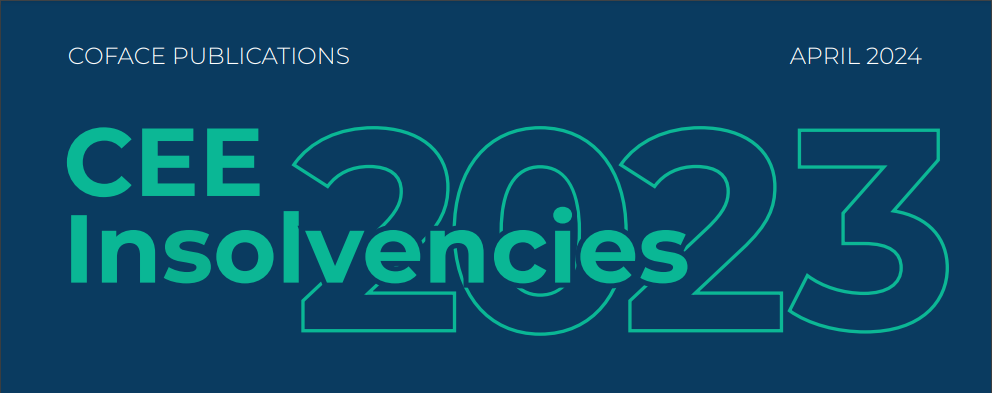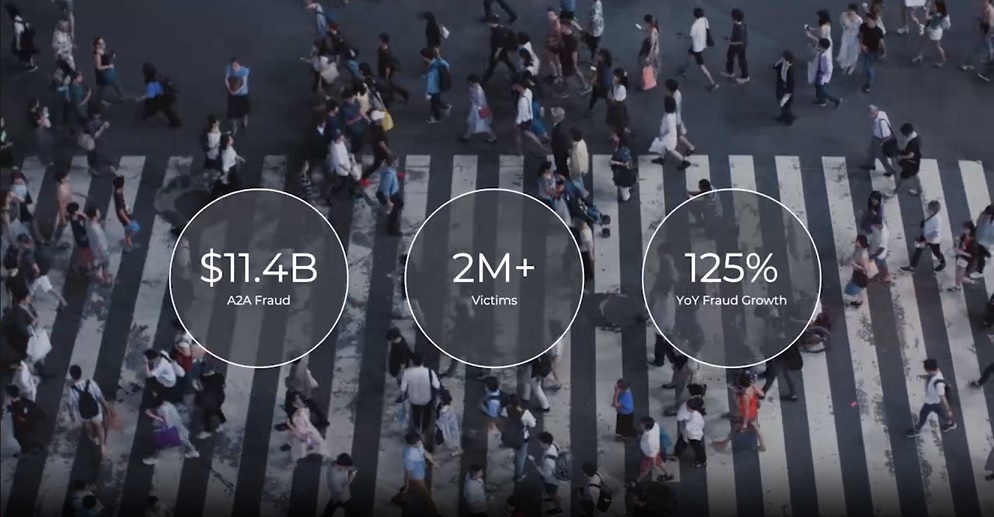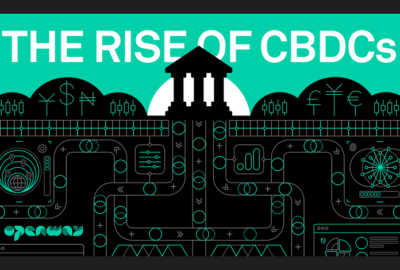Biometrics, such fingerprints and face scans, are by far the most popular form of online authentication behind passwords – worldwide research
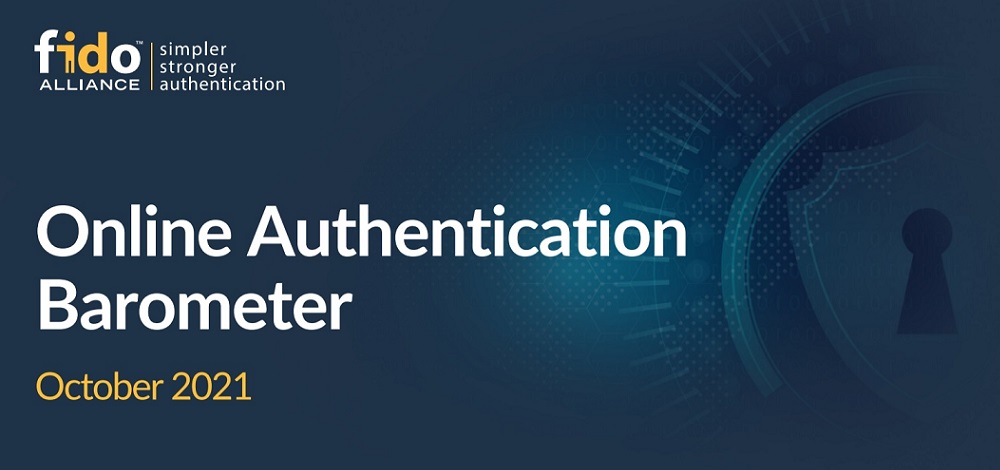
New Online Authentication Barometer from the FIDO Alliance reveals consumer habits, trends and adoption of authentication technologies
The FIDO Alliance launched its Online Authentication Barometer to track the uptake of secure authentication technologies among the general public. The Online Authentication Barometer provides baseline insights into the state of online authentication in 10 countries across the globe, with future releases of the barometer able to compare changes in behaviors and attitudes over time.

It reveals that biometrics, such as using fingerprints and face scans, are being used by at least 35% of people and are by far the most popular form of online authentication behind passwords. The barometer highlights how adoption of biometrics for online authentication varies widely internationally, yet all countries surveyed reported at least 25% of the population are using biometrics in some capacity.

Passwords and other knowledge-based approaches such as OTPs have historically dominated online authentication and the barometer confirms this is still the case.
However, major platform and device manufacturers including Apple, Google and Microsoft have begun adopting possession-based, passwordless alternatives into their core product offerings to improve security and convenience. As these and other initiatives gain traction, the world’s reliance upon passwords and other server-side “secrets” is expected to decrease in favor of modern solutions including biometrics, security keys and other on-device approaches for user authentication.
Biometrics are the most popular of these possession-based and password-free authentication options, and data from the barometer reveals why. Biometrics are perceived to be the most secure way for people to verify their identity online – 32% of people believe this, a trend that holds true in all 10 countries the Online Authentication Barometer explored. Biometrics are also the most preferred method of logging in for 28% of people surveyed.
“Time and time again we see data breaches, ransomware and other attacks that leverage vulnerabilities associated with passwords and other ‘what you know’ forms of authentication — including OTPs as a second factor,” said Andrew Shikiar, Executive Director & CMO of the FIDO Alliance. “The industry at large must shift towards possession-based factors such as biometrics and security keys that are not susceptible to remote attacks such as phishing, credential stuffing and various forms of social engineering that frankly are difficult if not impossible for the average user to detect. We are pleased to establish and share the Online Authentication Barometer as a mechanism to track our collective progress towards a safer and more secure networked economy.”

The Online Authentication Barometer also found encouraging data on people actively taking steps to protect their accounts from being hacked or compromised. The vast majority of people (84%) took action, suggesting high levels of awareness on the security issues passwords have.
However, despite biometrics being recognized for better security, 19% of people still consider passwords to be the most secure way to authenticate themselves online, and 11% of people think SMS OTPs are the most secure. This was ahead of some of the strongest methods available today, including authentication software (6%) and physical security keys (4%).
Of the 16% who didn’t take any steps to improve their online security, the majority said they didn’t know how (37%), with 26% saying it’s too complicated and 16% believing a data breach or hack would not happen to them.
The full Online Authentication Barometer from the FIDO Alliance can be found here.
____________
Major organizations that have begun adopting possession-based, passwordless alternatives to improve security and convenience include:
Apple announcing its intent for users iCloud Keychains users to secure accounts with cryptographic keypairs (“passkeys”) instead of passwords
Google announcing plans to enable multi factor authentication by default
Microsoft enabling its users to completely remove the password from their Microsoft account
The FIDO Alliance Online Authentication Barometer research was conducted among 10,000 consumers across the UK, France, Germany, US, Australia, Singapore, Japan, South Korea, India and China. The interviews were conducted online by Sapio Research in September 2021 using an email invitation and an online survey.
Anders Olofsson – former Head of Payments Finastra
Banking 4.0 – „how was the experience for you”
„So many people are coming here to Bucharest, people that I see and interact on linkedin and now I get the change to meet them in person. It was like being to the Football World Cup but this was the World Cup on linkedin in payments and open banking.”
Many more interesting quotes in the video below:
